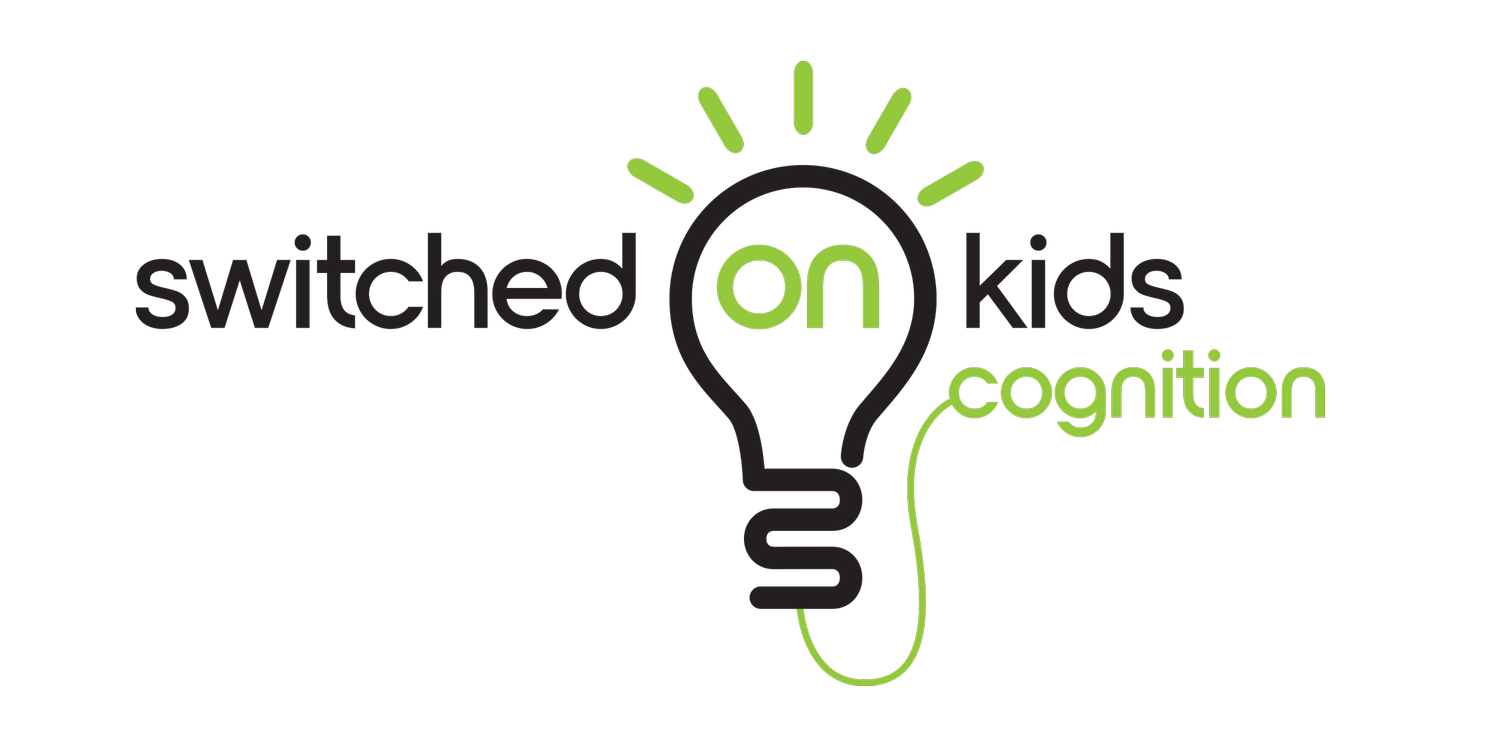Giving children a voice
If your child is neurodivergent, it is possible they may have language difficulties. This may not be as obvious as an expressive or receptive language delay but may be reflected in difficulties with regulating and expressing emotions and communicating feelings, following fast-moving conversations or keeping up with verbal instructions.
I feel that language disorders are often overlooked and may be the elephant in the room for many children. The first study to investigate developmental language disorder (DLD) in Australia found a prevalence rate of 6.4% at age 10. The prevalence rate was slightly higher in boys, but this was not significant (Calder et al., 2022). These data suggest that in an average classroom of 30 children, there will be two children with a language disorder that is pervasive and persists into adulthood. Furthermore, a systematic review found that four out of five children with “emotional-behavioural disorders had at least mild language difficulties that had not been previously identified (Hollo et al., 2014).
Language difficulties often co-occur with ADHD, autism, and dyslexia. There is a strong association between language difficulties and behaviour. Specific examples and suggested ways that we can help our children are outlined below:
1. Emotional distress. Difficulties in being able to relay feelings and emotions and communicate effectively are very frustrating. These difficulties tend to impact self-esteem and communication difficulties are tied to feelings of anxiety. Your child may feel socially isolated and as if they do not belong. You can explore these feelings with your child. You will need to slow down and ask a lot of open-ended questions if you wish to get to the bottom of what is going on and how can best support them.
2. Behaviour challenges. A frustrated child is an unhappy child. A child who cannot express themselves verbally may withdraw from social interactions or act out. This is not because they are “naughty”. Rather, it is because they are frustrated and do not feel heard or understood. You are their safe space and it is always worth exploring where these feelings of frustration are coming from and working with your child to explore a few different ways of tackling them.
3. Academic struggles. Language difficulties are not the same as intellectual difficulties. However, language skills are vital for academic success. Children with language difficulties will struggle in a fast-moving classroom where instructions are given verbally. They will struggle with distractions and noise around them and will find it much easier to zone out and daydream. They tend to have difficulties with reading comprehension and writing and may feel that they are failing. The reality is that the school system is often failing them. Children with language processing difficulties tend to go under the radar and are not given the help and support they need. The good news is that these kids tend to do far better 1:1. Tutoring can make a big difference not only academically. When your child realises they CAN do it, they will feel more positive about school.
4. Social skills difficulties. Social skills are language skills. If a child is struggling to keep up in conversation, they may struggle socially. Kid conversation is fast-moving! High-level problem-solving skills and emotion regulation are strongly dependent on language. Being able to articulate yourself clearly and navigate friendship difficulties is vital for social skills. Ask your child how they respond when they are upset with a friend and help them explore a few alternative ways they might solve problems. Additionally, encourage them to pause and reflect (easier said than done) to avoid saying something they may regret.
5. Bullying and stigma. There are some mean kids out there and if they spot a weakness (such as a language difficulty) they will pounce. This causes real difficulties and there is a proven causal association between bullying in childhood and poor mental health later in life. Your child may not have the confidence or skills to go to a teacher and provide a detailed recount of what is going on. You may need to question your child so that they can provide you with the missing pieces of the puzzle and you may need to step in and advocate on their behalf.
Another important thing to keep in mind is that if your child struggles with language and communication they are unlikely to do well in traditional “talk therapy”. This is where providing parents with support and strategies to help their child is important.
Please reach out if you would like to learn more or to book a discovery introduction chat - see: COUNSELLING.
And … if you want ALL of the tools to help your child with executive functions skills and emotion regulation - I have a VERY reasonably priced short course that includes all of the information you need here Executive Functions Course


